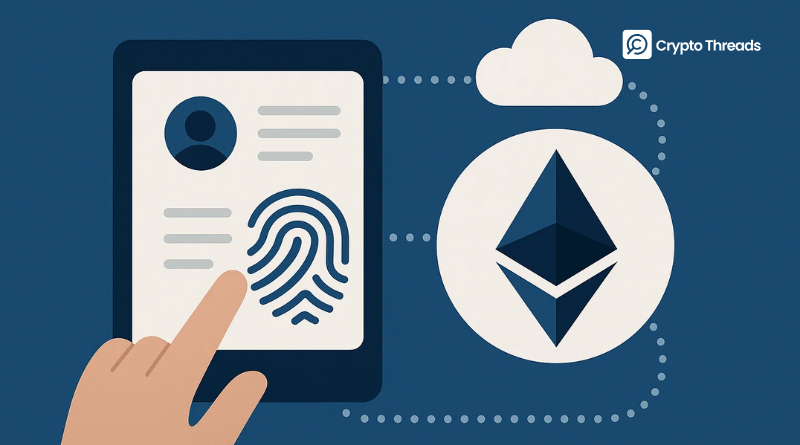U.S. Treasury Pushes Digital ID for DeFi—Privacy at Risk
The U.S. Treasury has initiated a consultation (under the recently enacted GENIUS Act) to explore integrating identity verification directly into DeFi smart contracts. This could involve validating users via government IDs, biometric data, or digital wallet credentials before transactions are approved.
Proponents argue that embedding KYC (Know Your Customer) and AML (Anti-Money Laundering) functions at the infrastructure level would improve compliance and more effectively deter illicit financial activities. For instance, Fraser Mitchell of SmartSearch emphasized that “real-time monitoring for suspicious activity” embedded in the blockchain could help catch and prevent laundering operations of criminal proceeds.
However, critics strongly oppose this, warning that such measures would fundamentally alter DeFi’s open, permissionless nature. Mamadou Kwidjim Toure, CEO of Ubuntu Tribe, likened the concept to “putting cameras in every living room.” He cautioned that linking real-world identities to blockchain wallets would eliminate pseudonymity and enable pervasive surveillance, potentially allowing governments to censor transactions or automate tax enforcement through smart contracts.
Moreover, there are concerns about excluding marginalized groups—many people globally lack formal IDs, especially migrants and unbanked populations. Requiring identity verification may prevent them from participating in DeFi, undermining its inclusive promise.
Privacy risks are also significant. Storing biometric or government ID data in smart contracts could create tempting targets for breaches, exposing sensitive personal and financial information.
The broader public consultation under the GENIUS Act invites feedback on various innovative tools—such as APIs, AI, digital identity verification, and blockchain monitoring—to better detect illicit activity involving digital assets. The Treasury will evaluate these tools based on multiple factors including effectiveness, cost, privacy implications, cybersecurity risks, and operational challenges



